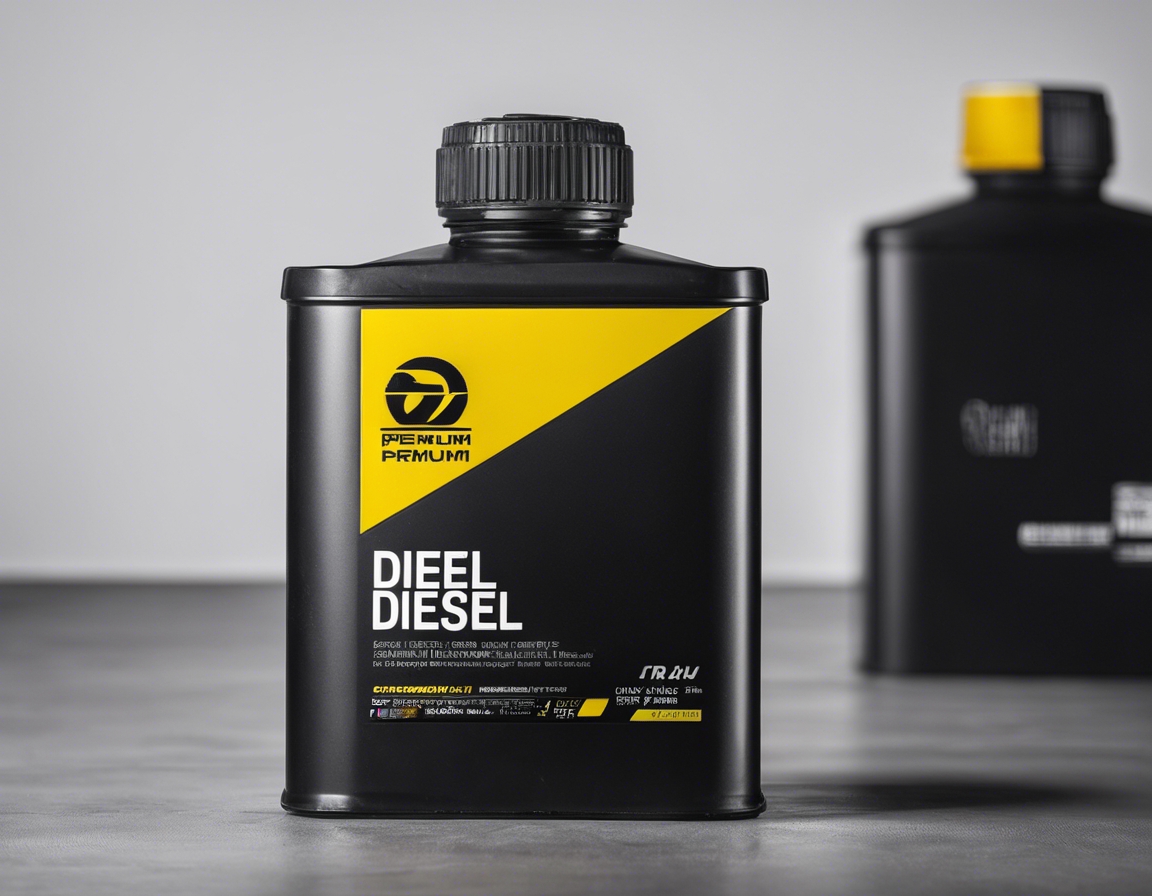The ultimate guide to choosing the right fuel for your vehicle
Every vehicle owner knows that fuel is the lifeblood of their mode of transportation. However, not all fuels are created equal, and understanding the different types available is crucial for optimal vehicle performance. From traditional gasoline and diesel to alternative fuels like biodiesel, ethanol, and hydrogen, the choices can be overwhelming.
Choosing the right fuel is not just about keeping your vehicle running; it's about maximizing efficiency, reducing environmental impact, and ensuring that you're getting the most value for your money. With the right fuel, your vehicle can perform at its best, while also contributing to a cleaner environment.
Factors to Consider When Selecting Fuel
Always start with your vehicle manufacturer's recommendations. These guidelines are designed to ensure that your vehicle operates safely and efficiently with the fuel type it was designed to use.
The type of engine in your vehicle will greatly influence your fuel choice. Whether you have a high-performance engine, a diesel engine, or a hybrid, each has specific fuel requirements that must be met for optimal performance.
Fuel economy is a top concern for many vehicle owners. Understanding the efficiency of different fuel types can help you make an informed decision that could save you money in the long run.
With a growing emphasis on sustainability, considering the environmental impact of your fuel choice is more important than ever. Alternative fuels and advanced technologies are making it easier to choose options that are better for the planet.
While the initial cost of some fuels may be higher, their long-term cost-effectiveness can be more beneficial. Analyzing the full lifecycle cost of the fuel, including efficiency and maintenance, is essential.
The availability of fuel types can vary greatly depending on your location. Ensuring that the fuel you choose is readily accessible is key to maintaining your vehicle's reliability.
Types of Fuel for Different Vehicles
Gasoline is the most common fuel for passenger vehicles, but not all gasoline is the same. Octane ratings and ethanol blends can affect your vehicle's performance and emissions.
Diesel fuel is known for its energy efficiency and is commonly used in heavier vehicles. Understanding the differences between diesel grades is important for diesel vehicle owners.
Alternative fuels, such as biodiesel, ethanol, natural gas, and propane, offer various benefits and can be suitable for certain types of vehicles. Exploring these options can lead to economic and environmental advantages.
Electric vehicles are gaining popularity due to their low emissions and reduced operating costs. Choosing the right electricity source, such as renewable energy, can further enhance the benefits of EVs.
Understanding Fuel Quality and Standards
Octane and cetane ratings are measures of fuel quality that affect engine performance and emissions. Higher ratings typically indicate better performance for gasoline and diesel engines, respectively.
Fuel additives can improve engine performance, reduce emissions, and extend the life of your vehicle. Knowing which additives are beneficial for your fuel type can make a significant difference.
Fuel standards are in place to protect consumers and the environment. Ensuring that your fuel meets these standards is crucial for compliance and performance.
How to Make an Informed Fuel Choice
Your driving habits, such as frequency, distance, and conditions, can influence the type of fuel that is best for your vehicle. Consider these factors when making your choice.
When selecting a fuel, it's important to weigh the long-term costs and benefits. This includes considering fuel efficiency, maintenance costs, and potential tax incentives for using certain fuel types.
The fuel industry is constantly evolving, with new technologies and innovations emerging regularly. Staying informed about these developments can help you make better fuel choices in the future.







Comments (0)